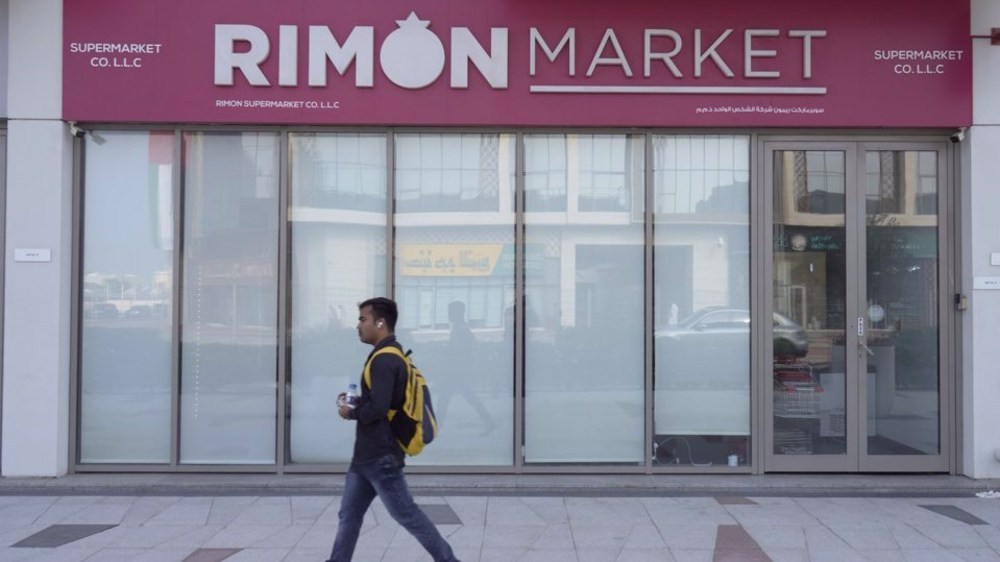Qatar setting up committee to pursue compensation for Saudi-led blockade
Qatar says it is establishing a committee to pursue compensation claims arising from an unprecedented blockade imposed against the Persian Gulf country by four Arab countries, dubbed as the siege states, led by Saudi Arabia.
Qatar's Attorney General Ali bin Fetais al-Marri announced the news during a press conference in capital Doha on Sunday, adding that the Compensation Claims Committee would be overseen by himself and senior officials from the ministries of foreign affairs and justice.
"This committee will receive all claims, whether from the public sector, private sector or individuals," he told journalists.
Marri added that potential plaintiffs such as Qatar Airways, banks or individuals, including Qatari students, who have been expelled from the countries where they were studying, would be able to file claims over the “siege” in Qatari courts or those abroad, including in Paris and London.
The unprecedented crisis in the Persian Gulf region unfolded on June 5, when Saudi Arabia, Bahrain, the United Arab Emirates and Egypt severed ties with Qatar, officially accusing Doha of supporting "terrorism" and destabilizing the Middle East, allegations that Qatar says are unjustified and stem from false claims and assumptions.
To further pressure Qatar, Saudi Arabia has totally closed its land border with its tiny neighbor, through which much of Qatar's food supply crossed. Iran and Turkey are now providing Qatar's required food supplies.
On June 22, the so-called siege countries urged Qatar to abide by a 13-point demand list if it wanted the crippling blockade lifted. The defiant Doha government has strongly refused to comply with the demands, calling them “unrealistic, unreasonable and unacceptable.” In return, the four countries vowed to impose further sanctions on Doha.
Read more:
The demands included shutting down the Doha-based Al Jazeera broadcaster, scaling back cooperation with Iran, closing the Turkish military base in Qatar, and paying an unspecified sum in reparations.
The punitive measures against Qatar drew condemnation from rights groups, including Amnesty International, which says the diplomatic dispute has been toying with thousands of lives.
Last month, Doha's National Human Rights Committee said the sanctions had already violated the rights of nearly 140 Qatari students studying in the United Arab Emirates, Saudi Arabia and Bahrain.
The coordinated move against Doha is spearheaded by Riyadh, which often manages to have its vassal states fall into line. Saudi Arabia itself is known as the main sponsor of the violent Wahhabi terrorists it has accused Qatar of supporting. Some analysts believe the Saudi anger is rather because Qatar acts more independently of Riyadh, including in its relations with Iran.
Spain jurists demand ties with Israel ties be cut
VIDEO | Press TV's news headlines
VIDEO | Iran honors top Science Olympiad medalists
VIDEO | Austrians arrested at Gaza protest in Vienna
10 killed in bus crash in western Iran
VIDEO | One-man-band journalism with Civili
5 Israeli forces killed as Palestinian fighters face up to regime’s war machine
VIDEO | An insider's view of the country: Persian Tahini, Royan in Mazandaran













 This makes it easy to access the Press TV website
This makes it easy to access the Press TV website